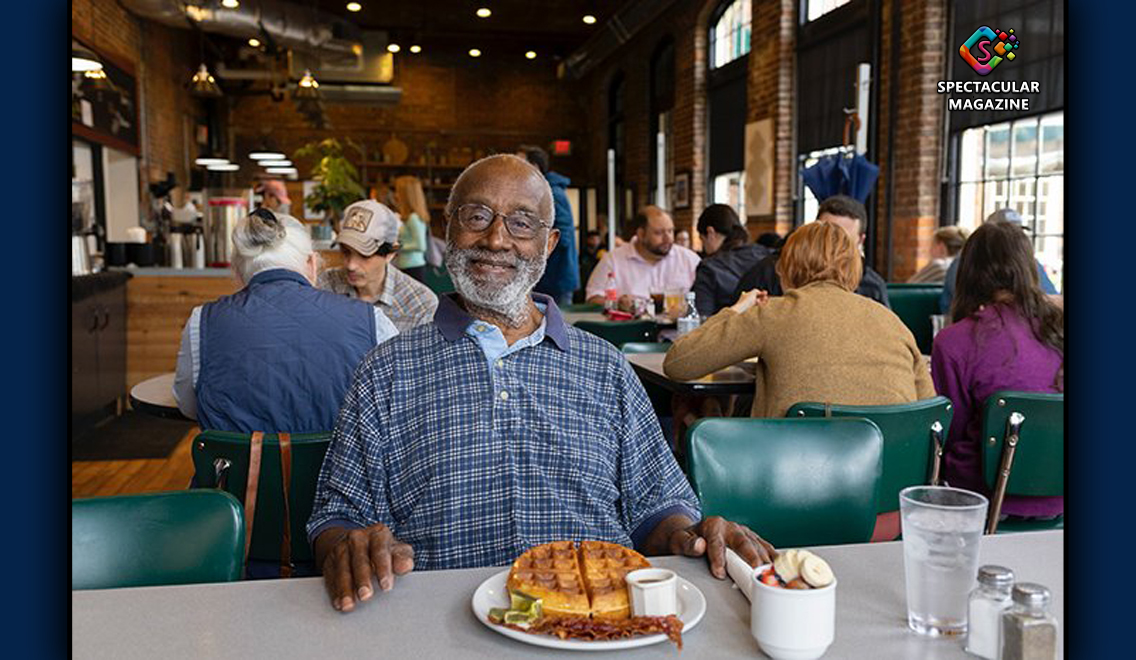Former Carrboro Alderman Braxton Foushee Continues The Fight Against Kidney Diseases
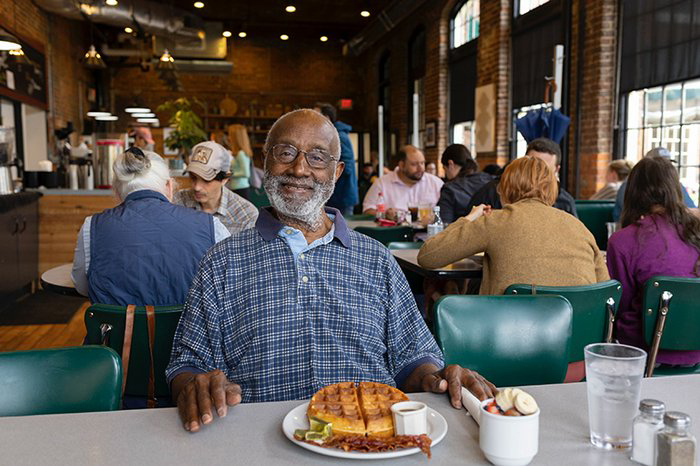
CARRBORO, NC – Sharing a meal with Carrboro resident Braxton Foushee, in a public restaurant, is as pleasurable as it is busy. Just as you’re about to lift a fork someone stops by to say hello and to get his advice on a particular issue. And then just as you’re about to dig in, two or three more show up, sharing news or weighing in on what’s about to happen in D.C., or just asking about his wife’s sorority conference. Braxton is so open and warm and genuinely interested in what everyone has to say it’s a wonder he ever gets a bite to eat.
Foushee had a lengthy career in medical research and technology at the UNC Department of Medicine, most of it spent working in nephrology, the diagnosis and treatment of kidney disease; many of his family members have high blood pressure and are genetically wired for increased risk of the disease. He has worked in clinics, on mobile buses, in-home care, and in dialysis centers helping those who need it. He volunteered for the National Kidney Foundation for North Carolina, Georgia, and Alabama for over 30 years.

March is National Kidney Month. Kidney disease, also known as chronic kidney disease or CKD causes more deaths than breast cancer or prostate cancer. It is the most under-recognized public health crisis and Braxton wants people to know that. Black people are almost four times as likely as White people to develop kidney failure: while Black people make up about 13 percent of the population, they account for 35 percent of the people with kidney failure in the United States. Braxton is especially proud of his 40 years of involvement with Camp Independence, a program for children with kidney disease.
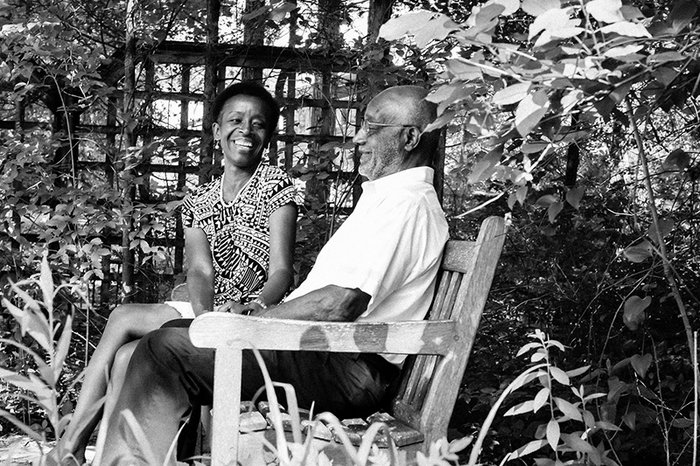
Braxton is a lifetime NAACP member and is still a branch stalwart. He helped bring needed progress to Carrboro after being elected as the first Black alderman in Carrboro in 1969 and hasn’t missed a chance to exercise his right to vote since first becoming eligible more than 60 years ago.
Born in the tight-knit Northside neighborhood, his family can trace their local roots back to 1865. He vividly recalls the Jim Crow South and, along with many of his close friends, made valiant efforts toward the expansion of civil rights, providing comfort and human dignity to all.
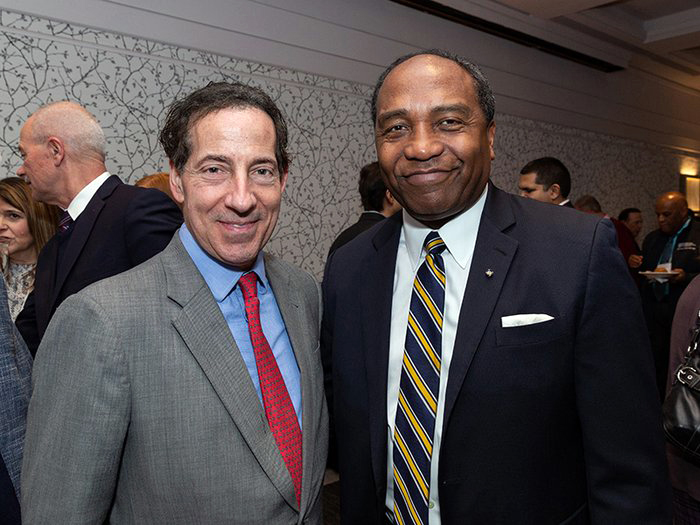
Foushee cites two major, disparate influences that shaped him and many of his peers: a championship football team, and his activism in the earliest civil rights protests in Chapel Hill. The Lincoln High School football team won two national championships, losing only two games for his entire high school career. When asked how a small, segregated school could field such powerful teams, he cites the leadership of their coaches and their own discipline and drive to succeed.
As a Carrboro alderman, Braxton teamed up with his cousin Herman Foushee to advocate for Henry Anderson III Community Park (where he loved to play baseball) and helped to negotiate Carr Mill Mall staying put in the center of Carrboro and expanding its services.
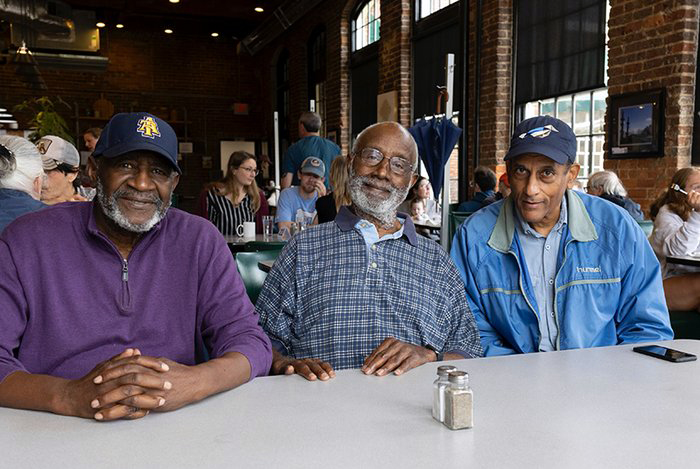
Whether it’s explaining how dialysis works, working for equal access to local restaurants and the UNC cafeteria, or meeting the guys for Saturday breakfast and shop talk, Braxton Foushee believes that taking a seat at the table and sharing your heart gives our lives meaning and inspires and empowers those around us, even if your food gets a little cold.
Foushee says his proudest moment was bringing bus lines to Carrboro at a time when many of the roads in Black communities still didn’t have paved roads. Foushee worked to get those roads paved and repaired.
He’s a busy man. “One of the most important things is to be always at the table,” he says. “If you’re not, you’re going to be fighting an uphill battle.”


